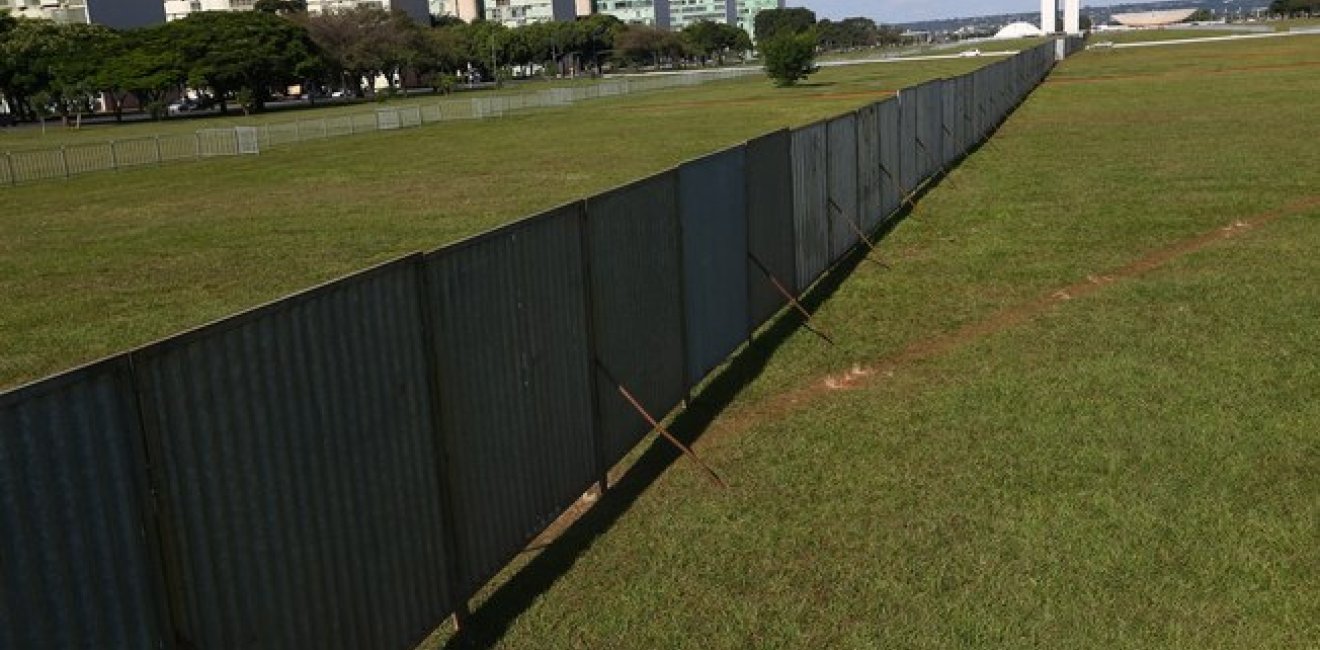The loss of support to President Dilma Rousseff intensified after the Chamber of Deputies special committee approved, on April 11, a motion to move forward with impeachment proceedings against the embattled Brazilian leader. The action is grounded on evidence that Rousseff’s government manipulated budget accounts and made unauthorized expenditures to hide an exploding fiscal deficit at the root of the country’s ongoing economic disaster.
The impeachment process has been fueled by revelations of the ongoing investigation of a $3 billion corruption scandal involving state oil giant Petrobras, Brazil’s largest company. The crimes, exposed by multiple defendants through plea bargain agreements with federal authorities, started during the administration of popular former president Luiz Inácio Lula da Silva and continued under Rousseff. Prior to being elected president, Dilma Rousseff was minister of energy and chaired the Petrobras board of directors for five years. Although the president has not been charged in the Petrobras case, politicians closely associated with her have been arrested and accused of a variety of crimes. And she may be charged with obstruction of justice for trying to shield Lula from a criminal investigation related to Petrobras by naming him to her cabinet.
Following last month’s decisive break between the Brazilian Democratic Movement Party (PMDB), Brazil’s largest party, and the government, other members of Rousseff’s fraying coalition have cut ties with the unpopular president, leaving her increasingly isolated to face the Chamber of Deputy plenary vote on impeachment, scheduled for April 17. Her survival depends on ensuring the allegiance of members of small parties who are driven by their interests in accessing federal agencies budgets and patronage jobs.
With only days left before the fateful decision, newspapers projections suggest that the two-thirds majority needed to impeach the president, or 342 of the 513 members of the House of Representatives, is within reach. Preparations continue outside of the congressional building in Brasilia to receive thousands of sympathizers from both sides in what is expected to be one of the most dramatic events in the futuristic Brazilian capital 66 years’ history. Rousseff’s Workers Party militants and their allies from the left vowed to show up to denounce what they consider a “parliamentary coup d’état” to oust a president who was reelected eighteen months ago.
Transition will not be smooth in a divided Brazil
In a graphic display of Brazil’s political division, a two-meter metallic wall was installed on the grassy esplanade in front of Congress in Brasilia to separate supporters and opponents of the impeachment and prevent conflict and violence, which has been remarkably absent from the year-long crisis. The growing probability of Rousseff’s ousting drove the Brazilian stock market upwards in the weeks before the impeachment vote.
Restoring investors’ confidence while gaining support from voters will be the main challenge of vice-president Michel Temer, of the PMDB, who is expected to step in as acting president once the impeachment process moves to the Senate. Like most Brazilian politicians these days, the vice-president is not popular with voters. He also faces an impeach challenge for having signed documents granting unauthorized expenditures as acting president during a Rousseff’s trip abroad. The move is, however, unlikely to prosper in Congress.
But the transition of power will not be smooth. Rousseff says she has committed no crime. She has vowed not to resign and challenge the impeachment at the country’s Supreme Court. The length of the process, which could take up to six months in the Senate, will depend on the size of the House vote to impeach and the ability of Temer, a former professor of constitutional law. He said to allies, in a taped statement that was leaked to the press, that he intends to form “a government of national salvation” to pacify the country. Temer also promised to act to restore investors’ confidence while preserving popular social programs. His most immediate task will be to start to move the country away from the brink of a self-inflicted economic calamity that has already caused Brazil’s longest recession in ninety years and the loss of two million jobs.
Putting the nation back on a path of sustainable growth won’t be easy. It will depend on leaders’ capacity to advance structural reforms in Congress. The growing public awareness of the challenge favors a prompt effort toward reforms. These are unlikely to gain traction, however, before a new general and presidential election scheduled for October 2018 resolves the problem of political legitimacy exposed by the crisis.
Author


Brazil Institute
The Brazil Institute—the only country-specific policy institution focused on Brazil in Washington—aims to deepen understanding of Brazil’s complex landscape and strengthen relations between Brazilian and US institutions across all sectors. Read more

Explore More
Browse Insights & Analysis
Greenland’s New Governing Coalition Signals Consensus

Myanmar’s Junta and the 2026 Elections: A Fig Leaf for Legitimacy?


